Peer reviewed analysis from world leading experts
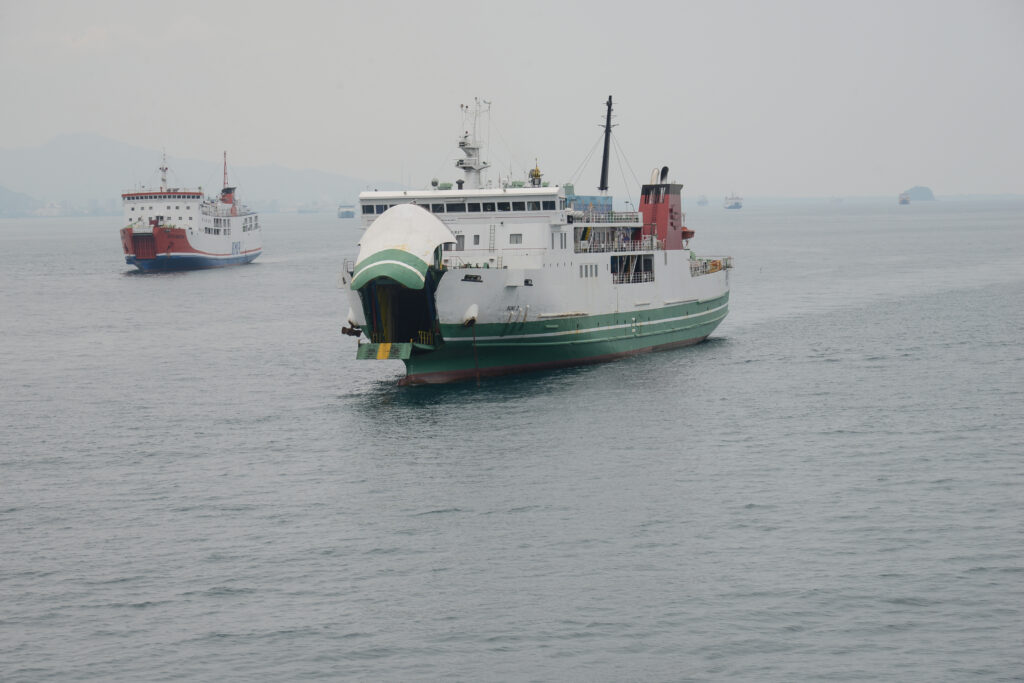
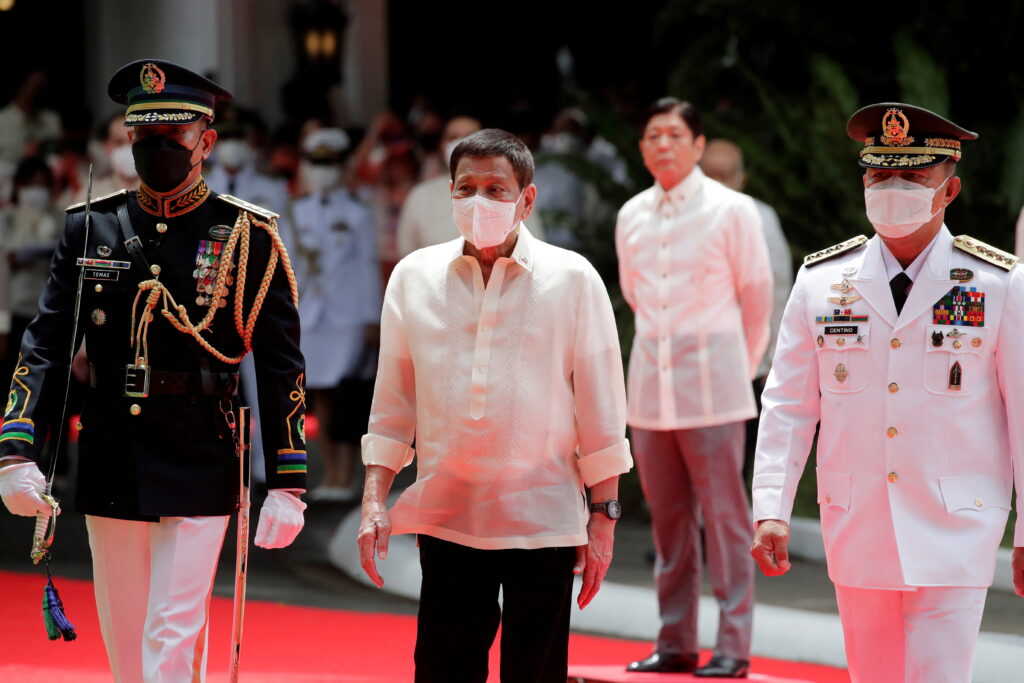
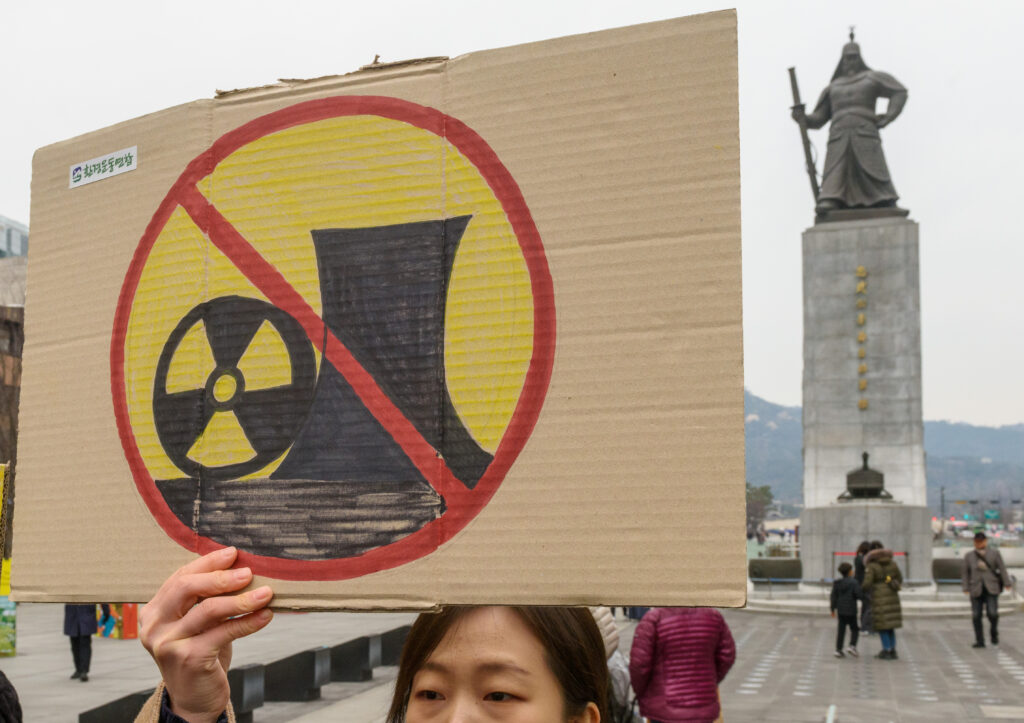
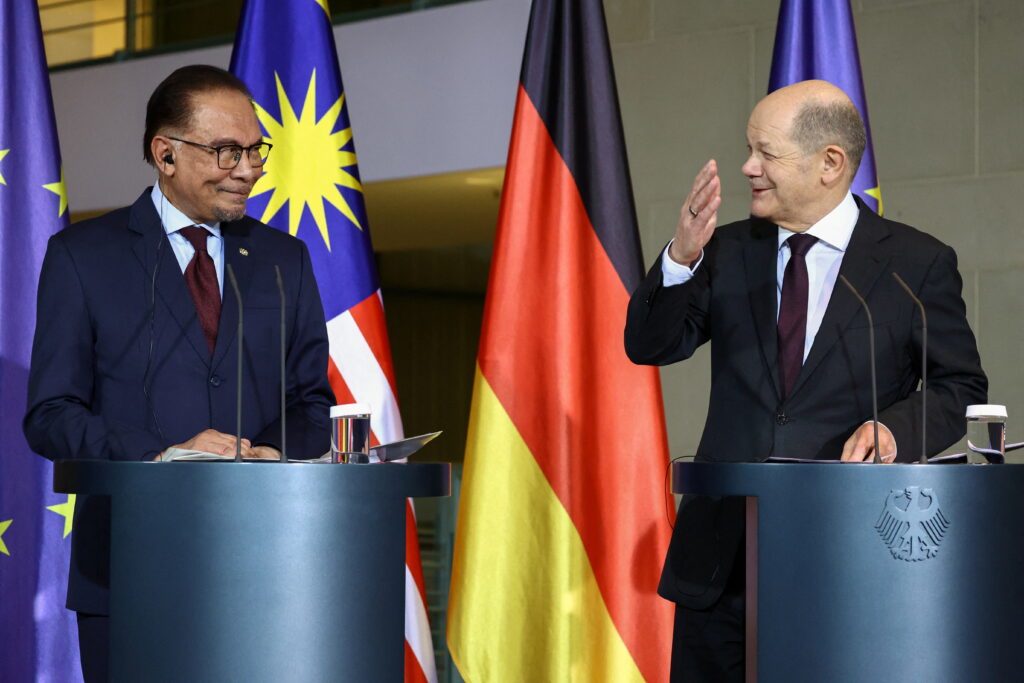


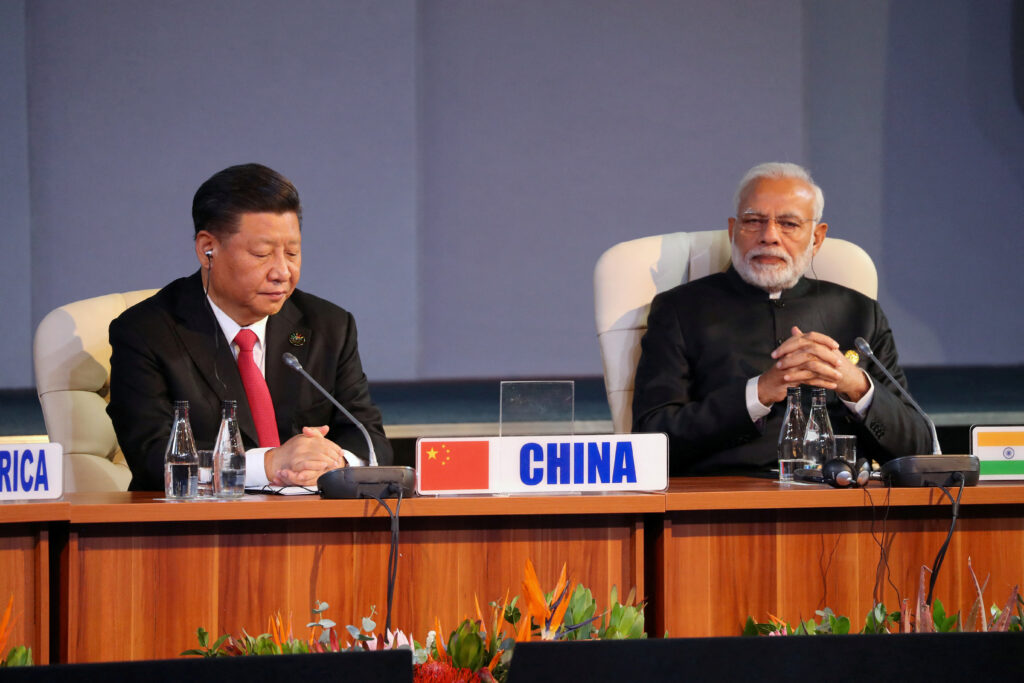

East Asia Forum offers expert analysis on politics, economics, business, law, security, international relations, and society in the Asia Pacific region.
EAF content is double-blind peer reviewed and articles are checked for factual accuracy.
Based out of the Crawford School of Public Policy within the College of Asia and the Pacific at the Australian National University, the Forum is a joint initiative of two academic research networks: the East Asian Bureau of Economic Research (EABER) and the South Asian Bureau of Economic Research (SABER). East Asia Forum is edited by Shiro Armstrong and Peter Drysdale.
Sign up to receive free daily think pieces from leading analysts or our weekly digest, that includes our editorial and a collection of recent articles in brief.
Article printed from East Asia Forum (https://www.eastasiaforum.org)
Copyright ©2024 East Asia Forum. All rights reserved.
In March 2024, the Bank of Japan shifted its monetary policy by raising interest rates from negative 0.1 per cent to 0–0.1 per cent and halting its quantitative and qualitative easing (QQE) measures, marking the first policy change towards tightening credit in seventeen years. While the Bank of Japan's previous measures under QQE were unable to stimulate demand and inflation, adjustments in interest rates, despite being minimal, have the potential to impact firms' and households' behaviour. Future policy adjustments will be dependent on the outlook of future inflation.